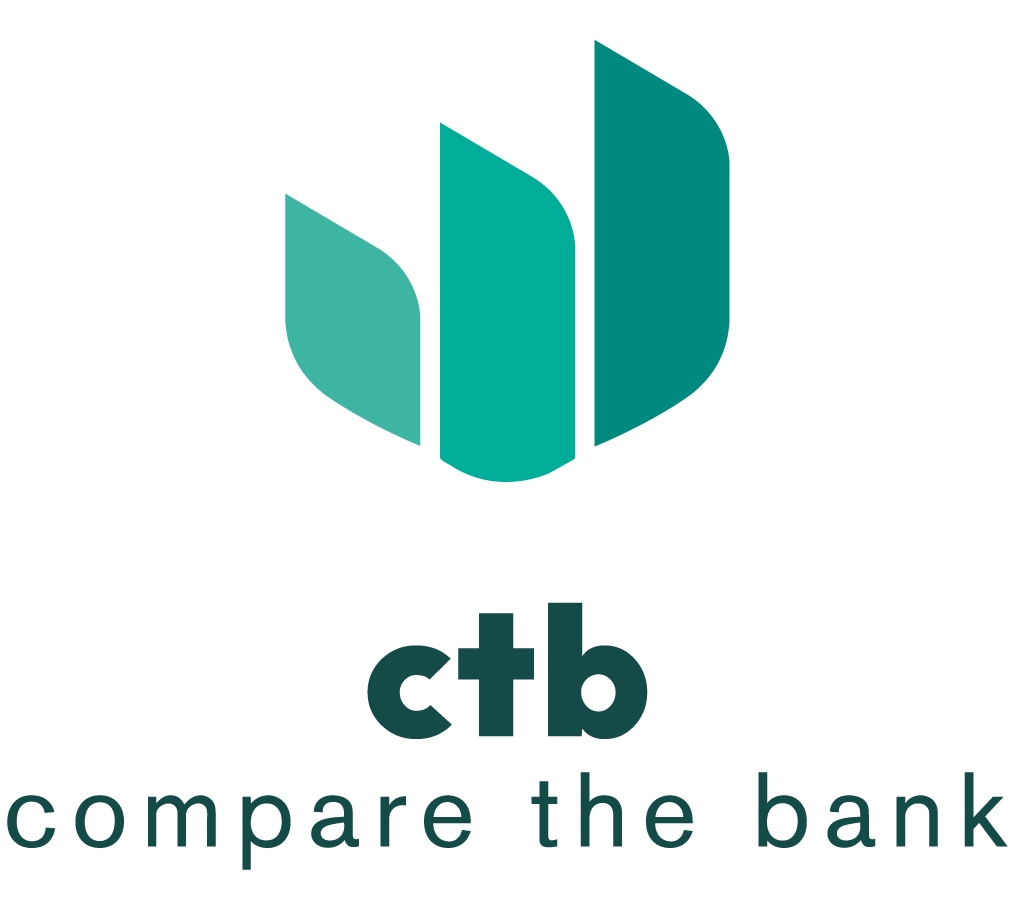These questions cover the fundamentals of asset finance, but specific details may vary based on the lender, type of asset, and regional regulations, so it’s important to consult with an advisor or lender for specific guidance.
If you want to discuss your requirement in more detail, feel free to call on the number below or fill out a call back request form and we’ll be in touch to assist with any queries you may have.
What is asset finance
Asset finance is a financial solution that enables businesses to acquire assets, such as Plant and Machinery (P&M), vehicles, phone systems etc. while spreading the cost over time, rather than paying for them upfront.
How does asset finance work?
Asset finance involves a lender (typically a bank or finance company) providing funds for the purchase of assets. The business repays the lender through regular instalments over an agreed-upon term.
What types of assets can be financed?
Asset finance can be used to acquire a wide range of assets, including vehicles, machinery, technology, office equipment, and even intangible assets like software.
What are the benefits of asset finance for businesses?
Benefits include preserving working capital, managing cash flow, tax advantages, staying technologically current, and avoiding the risk of asset depreciation.
Is asset finance suitable for startups?
Asset finance can be suitable for startups that need essential assets to operate but may not have substantial capital for upfront purchases.
What are the different types of asset finance?
Common types include hire purchase, finance lease, operating lease, and asset-based lending. Each has its own features and advantages.
What’s the difference between hire purchase and leasing?
In hire purchase, the business eventually owns the asset after making all payments. In leasing, the business rents the asset for a specific period and may have the option to purchase it at the end of the term.
What is the difference between a Finance Lease and an Operating Lease?
There are many differences between the two, but the fundamental difference is that with a finance lessee (client) owns the asset and is fully responsible for it whereas with an operating lease the lessor (lender) owns the asset.
Can I finance used assets with asset finance?
Yes, many asset finance providers offer financing options for both new and used assets.
How do interest rates work in asset finance?
Interest rates can be fixed or variable, and they depend on factors such as creditworthiness, the type of asset, and the lender’s terms.Interest rates can be fixed or variable, and they depend on factors such as creditworthiness, the type of asset, and the lender’s terms.
Do I need a down payment for asset finance?
Down payment requirements can vary but are often lower than traditional loans. Some asset finance options may not require a down payment.
What happens if the asset becomes obsolete during the finance term?
This depends on the type of agreement. In some cases, you may have the option to upgrade to a newer asset or end the agreement.
Can I include maintenance and insurance costs in the asset finance agreement?
Some asset finance agreements may allow you to bundle maintenance and insurance costs, simplifying budgeting.
What happens at the end of an asset finance agreement?
Depending on the type of agreement, you may have options like purchasing the asset, renewing the lease, or returning the asset.
Are there tax benefits associated with asset finance?
Depending on your location and tax regulations, you may be eligible for tax deductions or write-offs for lease payments and interest expenses.
Is asset finance available for businesses of all sizes?
Asset finance is accessible to a wide range of businesses, from small startups to large corporations.
How does the creditworthiness of my business affect asset finance?
Creditworthiness can impact the interest rate, terms, and eligibility for asset finance. Stronger credit profiles typically result in more favourable terms.
Are there penalties for early repayment of an asset finance agreement?
Some agreements may have penalties for early repayment, while others may allow for prepayment without penalties.
Is asset finance more expensive than traditional bank loans?
The cost of asset finance depends on various factors, but it can be competitive with traditional bank loans, especially when considering the benefits of preserving working capital.
Can I finance assets with asset finance from multiple providers?
In some cases, businesses use multiple asset finance providers for different assets, but it can be more convenient to work with a single provider.
What documentation and information do I need to provide for asset finance approval?
Typically, you’ll need to provide financial statements, business plans, credit history, and details about the asset you intend to finance.
